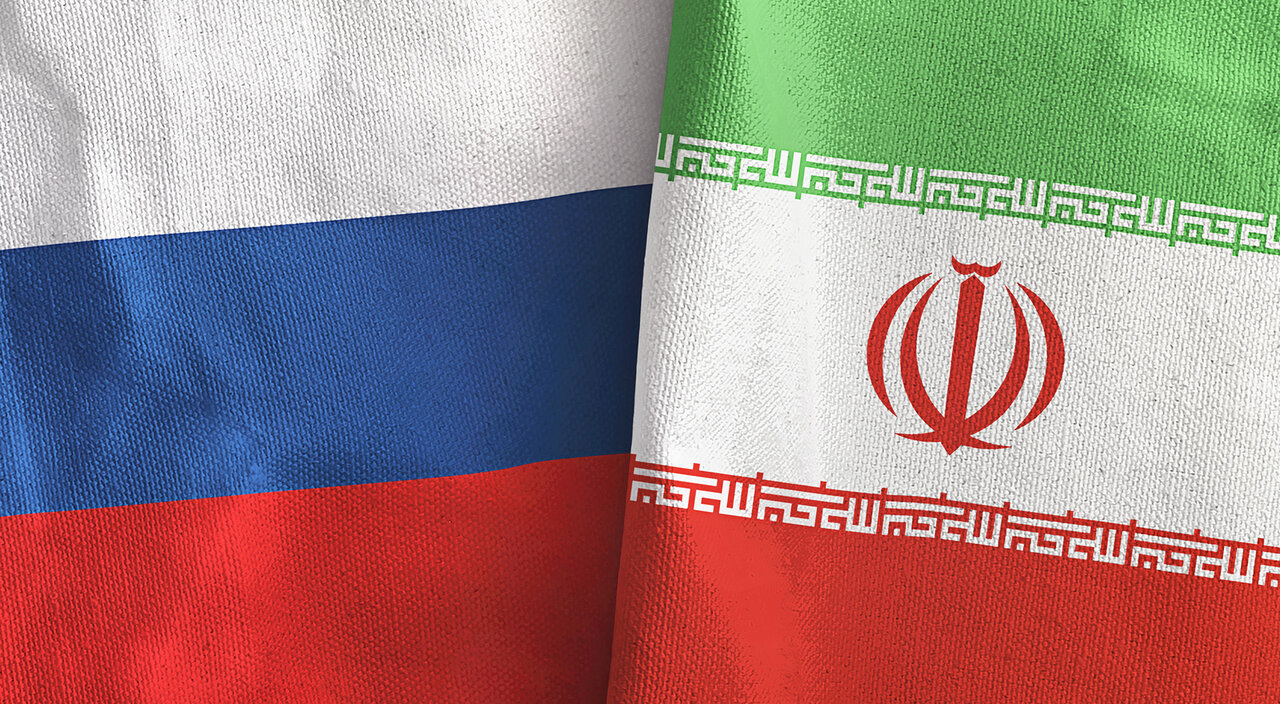‘Russia can play a greater role in preserving regional stability’

TEHRAN – Former Iranian Ambassador to Russia believes Moscow has the potential to play a more active and constructive role in recent regional developments, especially in efforts to prevent escalation and promote diplomatic solutions.
Nematollah Izadi, former Iranian ambassador to Russia, told Tehran Times about the advisor to the Leader of the Islamic Revolution Ali Larijani’s trip to Russia: In this situation, Larijani’s visit can be viewed as political and legal consultations aimed at countering recent European moves.
Naturally, Russia, as one of the JCPOA members and a permanent member of the Security Council, can play an important role in this regard. Presumably, Iran has asked Russia to act more actively against Europe’s efforts to activate the snapback mechanism and to play an effective role in examining the legal and political dimensions of the issue.
He continued: Moreover, Iran, China, and Russia were also supposed to hold talks in Tehran, which can be regarded as part of ongoing efforts to preserve the JCPOA framework and neutralize possible European actions.
Izadi emphasized: However, whether these meetings and diplomatic movements can lead to a breakthrough in the current situation largely depends on Russia’s will and capacity. Russia has great potential to influence this matter, but it is engaged in the Ukraine war and has tense relations with Europe. Especially considering recent sanctions against the
This retired diplomat stated: In my opinion, Russia has missed opportunities in recent developments. For instance, during the recent twelve-day war, if Russia had tried to stop the fighting and prevent further destruction, it could have strengthened its position in the region—just as it had previously sent a special representative to Baghdad during the U.S. invasion of Iraq. But this time, such a move was not seen from Moscow.
He added: The reason for this inactivity seems to be a combination of Russia’s involvement in Ukraine and specific considerations regarding the United States. In fact, Russia expects the U.S. to support Moscow’s positions concerning Europe, and these considerations have caused a kind of passivity. Furthermore, Moscow’s relations with Israel are at a certain level; the large population of Russian speakers living in Israel and Putin’s recent remarks about cultural ties with that country have influenced these relations.
Izadi believes these considerations have led Russia to adopt a passive stance at this stage. If Russia chooses to continue under current conditions, little can be expected from it. But if it wishes to become active, it has the capacity to influence both the Security Council and the JCPOA.
The former Iranian ambassador to Russia added: In my view, Iran’s consultations with Russia, China, and even Europe are positive steps. However, how ready each of these international actors is to seek a solution to stop the current dangerous trend remains to be seen. Naturally, in such a situation, Iran should be able to convince opposing sides to at least temporarily de-escalate the crisis.
Regarding the possibility that Russia might seek concessions from Iran in exchange for a more active role, the analyst noted: The reality is that Russia is not in a position to make specific demands of Iran because it is also a JCPOA member, and Iran’s enrichment activities are defined and accepted within this agreement. Therefore, it cannot ask Iran to stop enrichment unless Russia, acting as a mediator with the U.S., has reached understandings it wishes to introduce into the negotiations—of which there are no signs so far.
Izadi concluded: It seems Iran should increase its efforts, which apparently have intensified in recent weeks, including strengthening relations with Europe and trying to activate China, which has acted indifferently to recent developments. If the Tehran meeting is held and manages to bring Russia and China against Europe’s hardline positions, perhaps an opportunity will arise for Iran to open a new path in diplomatic interactions.
By Zahra Torabi